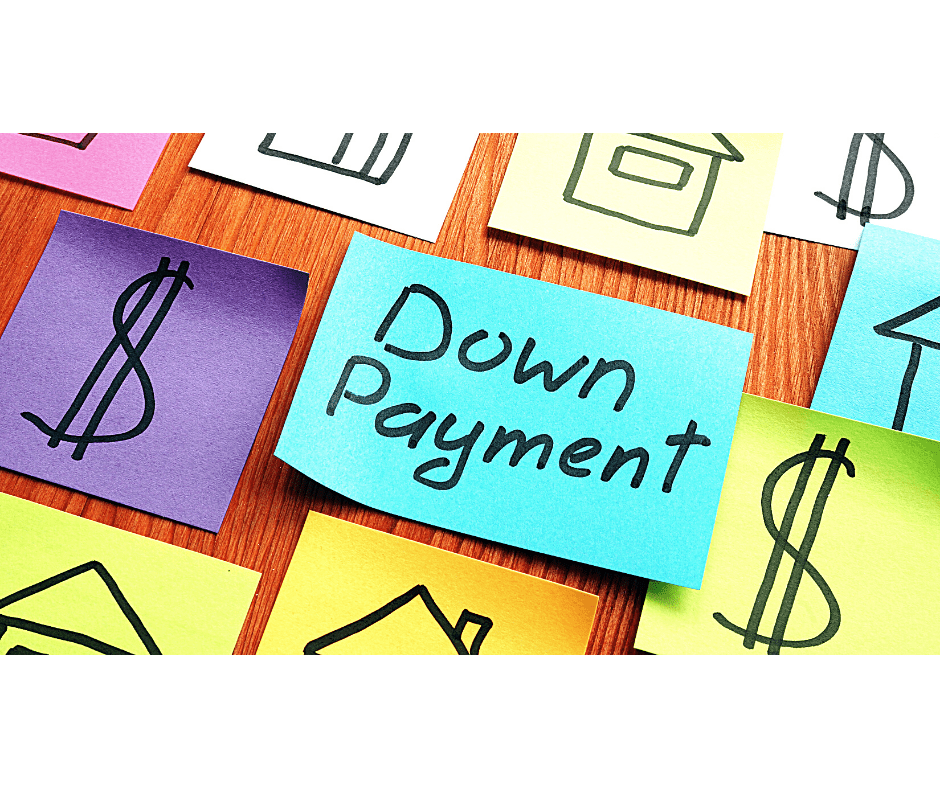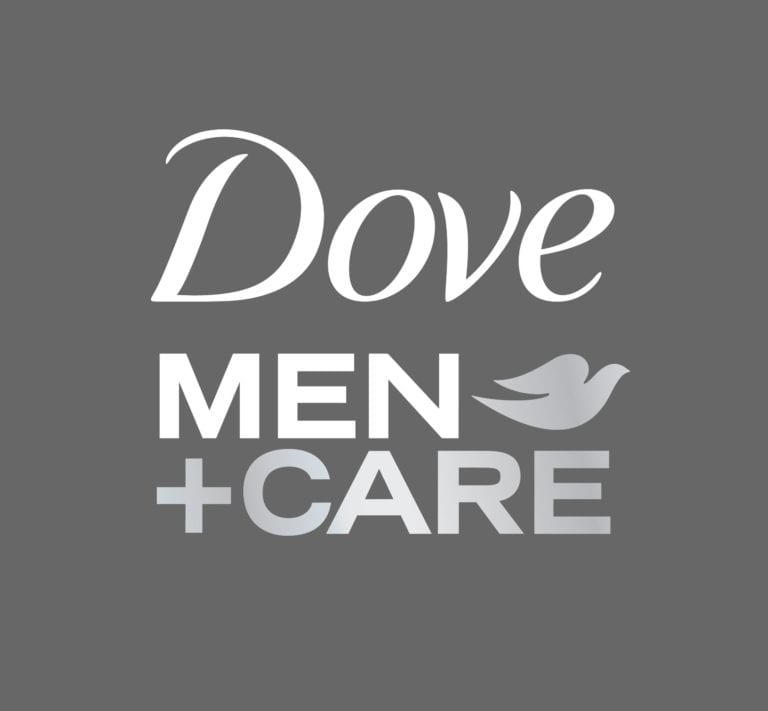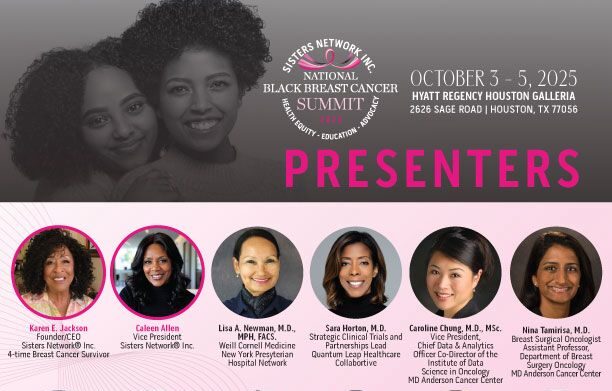If you’re ready to buy your first home but are short on the down payment, you’re not alone. Affording a down payment is the number one barrier to homeownership, and rising housing costs are presenting even bigger hurdles.
The August 2021 Freddie Mac Housing Price Index showed a 19.67% year-over-year increase in home values. At the same time, more than 35% of non-homeowners say they do not have enough money to put toward a down payment, according to NerdWallet. Among millennials, the figures are even more disheartening, with 63% having set aside no money for a down payment.
But there’s good news. Down payment assistance programs, an often-overlooked resource, could be the missing piece of the financial puzzle to make your dream of homeownership a reality, and there are more than 2,500 such programs nationwide.
According to Freddie Mac, here’s how to take advantage of down payment assistance:
• Understand the different types of help. Down payment assistance can take many forms, including grants from federal agencies, employers, community organizations, state and local housing finance agencies, and state and local governments. There are also a number of down payment assistance loans available with attractive terms. For example, deferred payment second loans. These are secondary loans for which payments are not due until you sell, refinance or pay off the first mortgage loan. And for those looking to live in a rural area, USDA rural home loans are a favorable option, because they have no down payment requirement.
Tax credits are another form of assistance. Certain states and local governments, including housing finance agencies, issue mortgage credit certificates that reduce the amount of federal income tax you pay. This makes more money available upfront for your down payment or closing costs.
Freddie Mac offers consumer financial education, through its free CreditSmart online training course, which can help you learn about and qualify for other down payment assistance and help you purchase a new home.
• Determine your eligibility. Although eligibility requirements vary depending on the program, most down payment assistance programs have income eligibility requirements based on you as an individual borrower or your household. In addition, you usually must use the funds for your primary residence and be a first-time homebuyer.
• Get started. Identify available programs by checking out trusted resources, including HUD’s directory of state programs and Down Payment Resource. Your housing counselor or lender can also help you determine which programs you’re eligible for and work with the program’s administrator to help you secure financial assistance.
• Get help. The homebuying journey is complex, so don’t be afraid to seek expert help. Freddie Mac Borrower Help Centers and HUD-certified housing counselors can help you navigate the homebuying journey, make informed decisions along the way and ensure you’re financially prepared for long-term, successful homeownership. In addition to being trained to provide budget and credit advice, housing counselors can also provide guidance on the different types of mortgage assistance programs that may be right for you. To learn more, visit myhome.freddiemac.com.
If a down payment seems out of reach, don’t despair. Assistance programs could make your dreams of homeownership a reality, and housing counselors can help you find the right one for you.
Source: StatePoint








